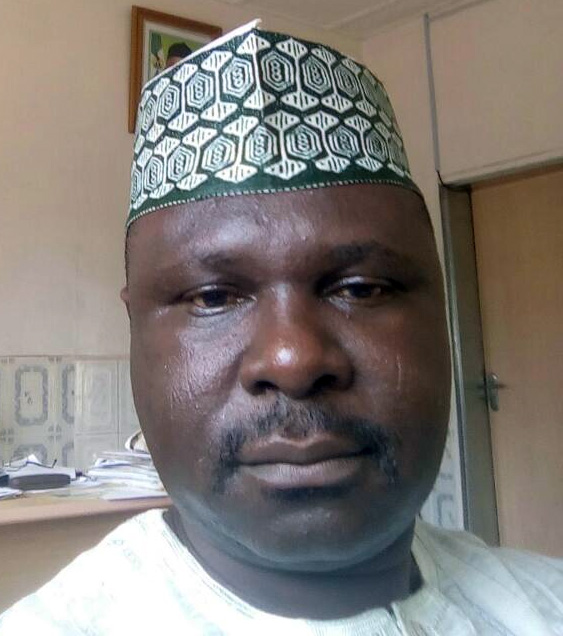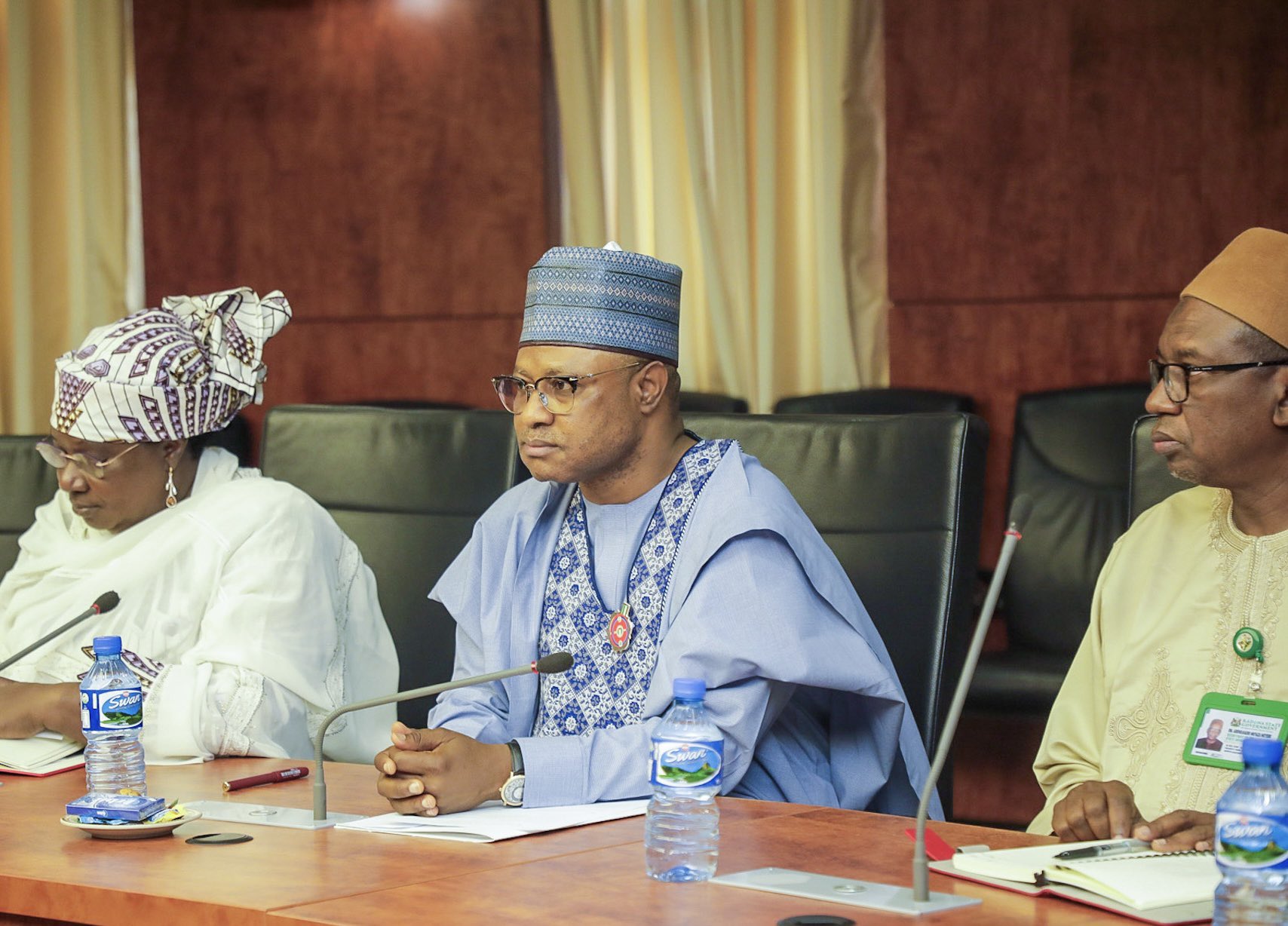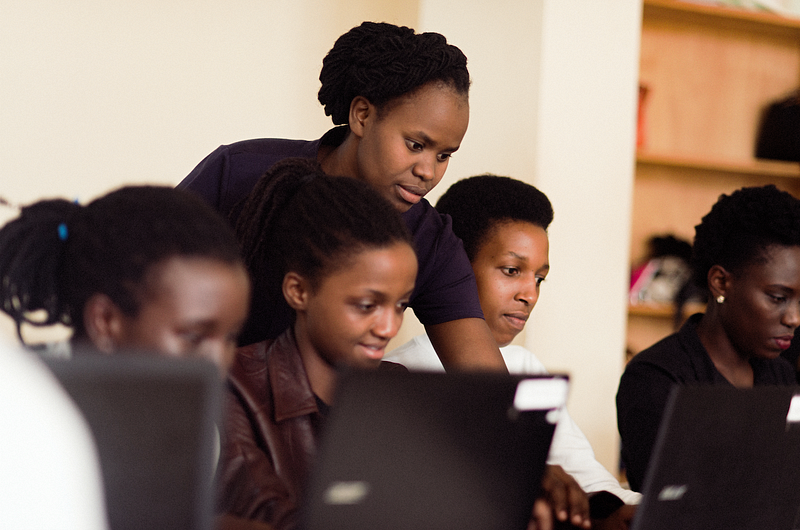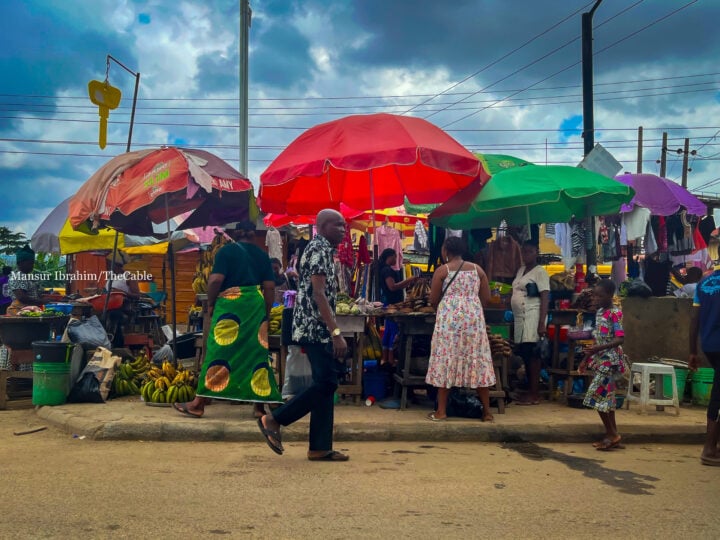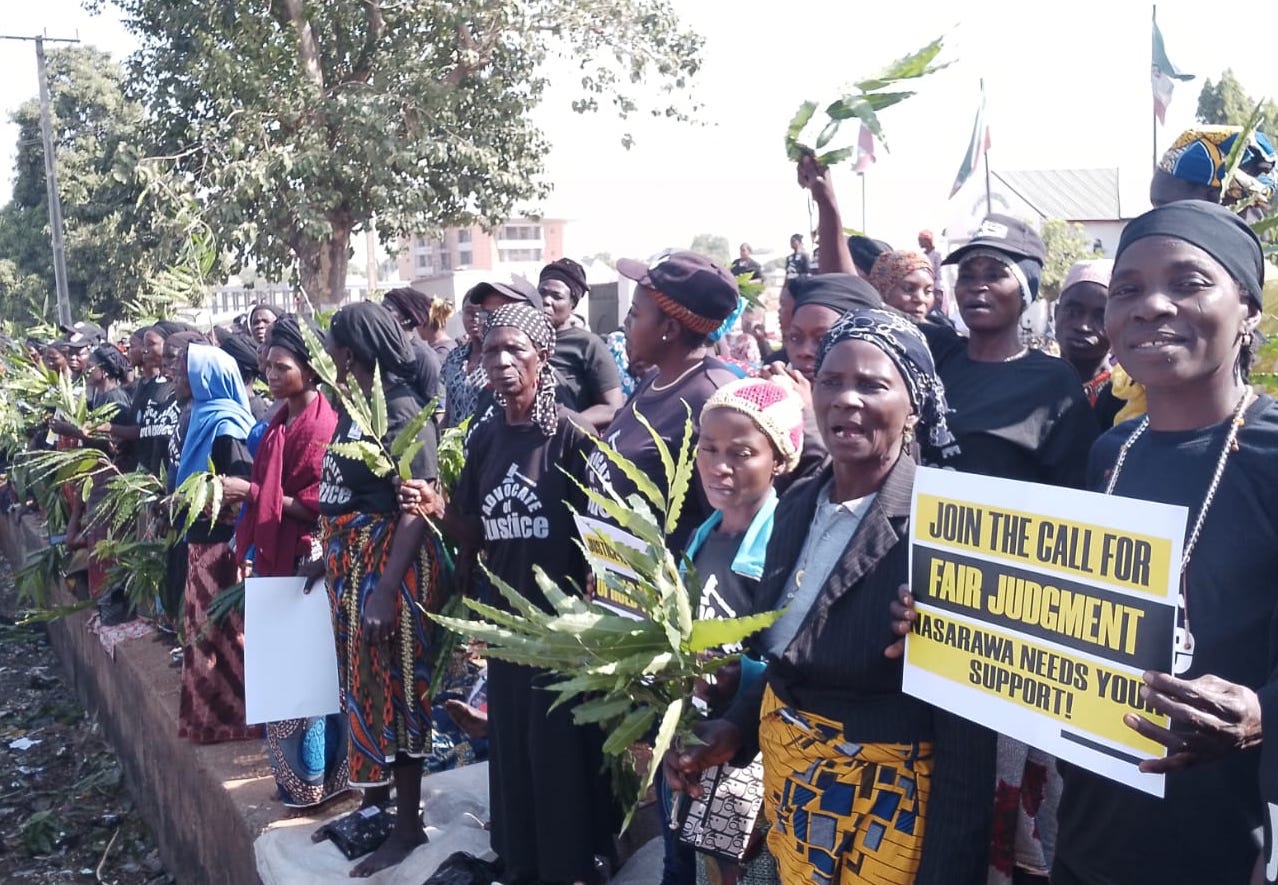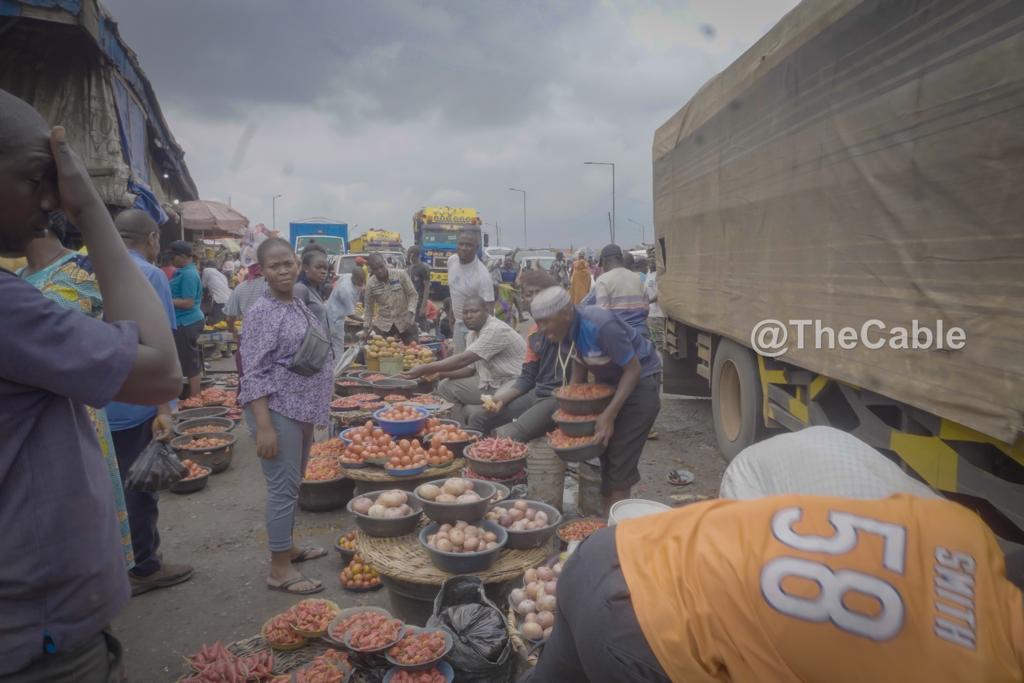Precisely, Professor Gary Becker, the American academic, pioneered it at the Chicago School of Economics but the theory has cascaded down from the Ivory Tower. Besides, it has transformed into a policy of universal utility.
Becker, in his postulate, had propounded the concept of Human Capital Development in the 1950s. Initially, it focused on firms and how skills, education and capacity building can improve productivity and the local economy in general. However, the study now transcends the industry, as governments have embraced its broad principles. Indeed, the Kaduna state government, led by Senator Uba Sani, has incorporated Human Capital Development in its SUSTAIN agenda. So far, it has matched words with action, boosted school enrolment figures, launched skills acquisition centres and empowered youths with digital skills.
Last August, the Senator Uba Sani administration, owing to public outcry, had slashed school fees in all state-owned tertiary institutions. At once, the downward review improved access, won hearts and minds for the government and raised the bar of Human Capital Development. However, unknown to the Governor, Kaduna State University (KASU) had been charging levies and students bore the brunt. Last Monday, he put a stop to it, gave clear directives and issued a stern warning to the KASU management.
Significantly, on the campaign trail, the school fees hike was a constant complaint from constituents and the gubernatorial candidate, as Senator Uba Sani then was, promised to review the policy. The Governor, on assuming office, set a machinery in motion and 84 days later, the various fees were reviewed downwards. Students of KASU, Nuhu Bamalli Polytechnic and College of Education, Gidan Waya, including those of Shehu Idris College of Health Science and Technology, Makarfi, went wild with jubilation following the announcement.
Advertisement
Accordingly, KASU’s school fees were slashed, in the downward review, from N150,000 to N105,000 per semester. Similarly, the fees of Nuhu Bamalli Polytechnic, a Zaria-based institution, were reduced from N100,000 to N50,000. In addition, the College of Education, Gidan Waya, now charges N37,500 instead of N75,000 per semester. Likewise, students of Shehu Idris College of Health Sciences, across all courses, enjoy a new fee regime. Indeed, charges for Higher National Diploma courses were reduced from N100,000 to N70,000, while National Diploma students now pay N52,000 instead of N75,000.
Similarly, four days afterwards, the education sector got another boost when the Kaduna State Scholarship and Loans Board, on August 25, released N205 million to various tertiary institutions across the country. The sum, according to the Executive Secretary, represented students’ tuition fees on scholarship. Bayero University Kano received N25 million, in fulfilment of an MoU, for the students’ tuition fees till their graduation. Likewise, Ahmadu Bello University, Zaria, got N27 million while KASU received N88.63 million.
Interestingly, Senator Uba Sani’s laser beam focus, in the last eight months, was also trained on Basic Education as both primary and secondary schools are under his radar. A two-storey building, comprising 12 classrooms, has been built at Malali, a sprawling neighbourhood within the Kaduna metropolis. Indeed, the imposing structure has ample space, modern facilities and sundry conveniences, conducive for learning.
Advertisement
Besides, the Governor has built 2,336 new classrooms, renovated 707 others and provided 3,704 and 30,742 furniture, for teachers and pupils respectively. Similarly, the Kaduna State Government, in all local governments, has sunk 51 boreholes and provided 918 cubicle toilets for both pupils’ and teachers’ use. Likewise, it plans to provide free 247, 136 school bags, 290, 802 uniforms, 247, 136 shoes, including 3,358 tablets, as well as 447,689 exercise books for pupils across the three senatorial districts.
Significantly, Senator Uba Sani is also focused on filling the skills gaps of Kaduna citizens. Last December, he performed groundbreaking ceremonies, in both Rigachukun and Samarun Kataf, for the construction of Kaduna State Vocational and Technology Skills City. The project, when completed, will reskill and upskill Kaduna citizens, to handle technical and technology-related tasks across private and public sectors.
Undoubtedly, Kaduna State is the centre of learning, with an avalanche of tertiary institutions, military Academies and madrasa for Islamic education, located in Zaria, Kaduna and Kafanchan. However, Senator Uba Sani intends to move it a notch higher, at the rate he is going, to the home of Human Capital Development in Nigeria.
Advertisement
Views expressed by contributors are strictly personal and not of TheCable.
Add a comment
